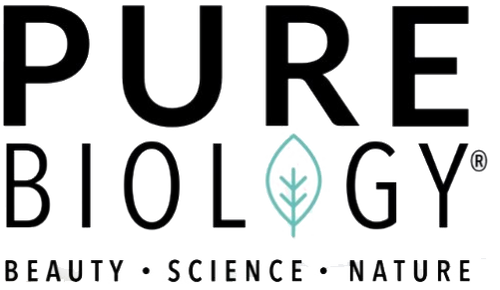With the rise of celebrity skincare routines and intricate 10-step skin regimens, most beauty enthusiasts have formed a habit of layering skincare products. The concept of “skin cycling”, however, is the opposite. Read on to find out more.
What is Skin Cycling

Skin cycling is a 4-day nighttime skincare routine where you use active ingredients before letting your skin go into a recovery period. The goal is to treat your skin concerns such as acne, uneven skin tone, and clogged pores during the “on days” while also providing your skin time to heal and recuperate from all the active skincare ingredients during the “off days”.
Why You Should Try it

One of the benefits of skin cycling is to give the skin time to breathe during its “rest day” to help repair itself and regenerate new skin cells. This is perfect if your skin is acting up or if your skin is starting to look dull. Another important benefit of this routine is that it helps ease your skin into using active ingredients like retinol, ceramides, niacinamide, or hyaluronic acid (especially if you are new to using such). Skin cycling lessens the chance of you experiencing side effects and irritation from these products. Lastly, it’s easy to follow and won’t need a huge amount of effort!
Keep reading to learn how.
How to Skin Cycle
1st Night: Time to Exfoliate
One of the reasons the skin looks dull is because of dead skin cells that clog the pores. Exfoliating to clean away dirt, excess oil, and dead skin cells is the first step to skin cycling. On the first night, wash your face with a gentle facial cleanser and pat dry. Next, apply your chemical exfoliants such as BHA (beta-hydroxy acids) or AHA (alpha-hydroxy acids). Most experts recommend using chemical exfoliants for this step rather than physical exfoliants since most physical exfoliants tend to be rougher on the face’s skin. Finish it off with your favorite moisturizer.
2nd Night: Focus on Retinoids
The second night of skin cycling focuses on using retinoids or Vitamin A based skincare. According to the American Academy of Dermatology (ADD), retinoids are a powerhouse ingredient that contains potent anti-aging properties. Some of the benefits of retinoids are:
- Helps promote faster skin cell turnover
- Helps boost collagen production
- Helps improve skin tone and texture
- Helps reduce fine lines and wrinkles
- Helps lighten scarring and dark marks
- Helps treat mild acne
Most dermatologists recommend applying a hydrating cream to sensitive areas of the face such as the under eyes and the corners of your nose if especially if you have sensitive skin or are new to using retinoids. If your skin is dry after application, pat a gentle, unscented moisturizer on top. Make sure to apply retinoids on clean and fully dry skin (not even on damp skin since it can cause irritation).

3rd and 4th Night: Give Your Skin Time to Recover
The 3rd and 4th night of skin cycling is your skin’s time to recover and repair. Focus on rebuilding your skin barrier and restoring your skin’s microbiome. It’s all about moisturization and hydration. For this to work, start with freshly cleansed skin and apply a gentle moisturizer. Look for one that doesn’t have fragrance or irritating ingredients. Don’t exfoliate or use retinoids during these days to give your skin a break. To add more moisture and skin-repairing properties, look for hyaluronic acid, glycerin, or ceramides in the ingredients.
How Long to Skin Cycle

If you are experiencing sensitivity, add more rest days to your skin cycle routine. However, if your skin is well adjusted to retinoids or exfoliants, you can ramp up your routine by removing one rest day making it only a 3-day skin cycle. The important thing is consistency and commitment to your skin health to see results.
Remember, every skin type has different needs. Pay close attention to how your skin reacts to decide how many rest days you give yourself, and how long to practice skin cycling. You can always modify your skincare to best fit your needs.
Sources:
Retinoid or retinol? (2022). Aad.org. https://www.aad.org/public/everyday-care/skin-care-secrets/anti-aging/retinoid-retinol

